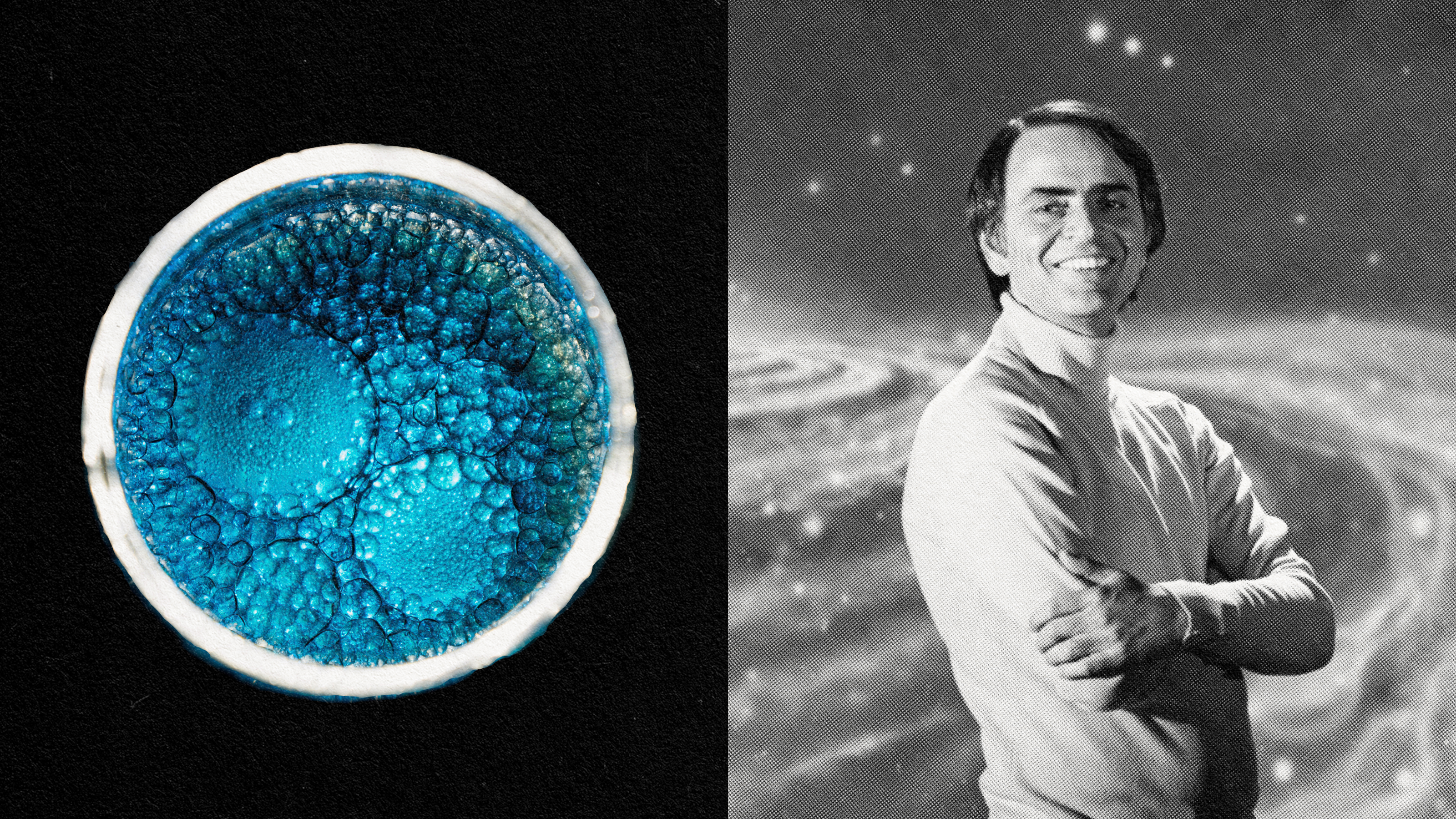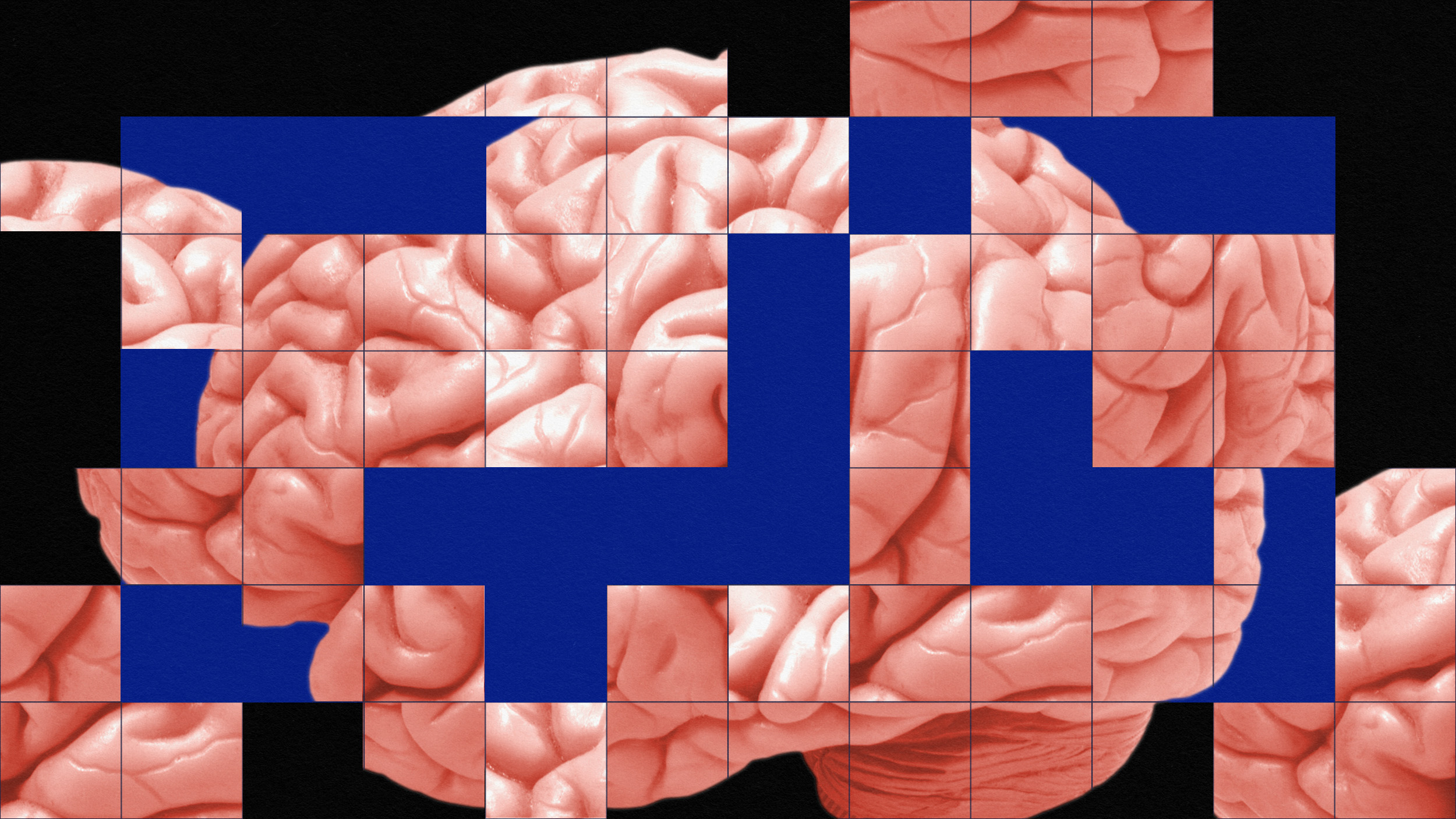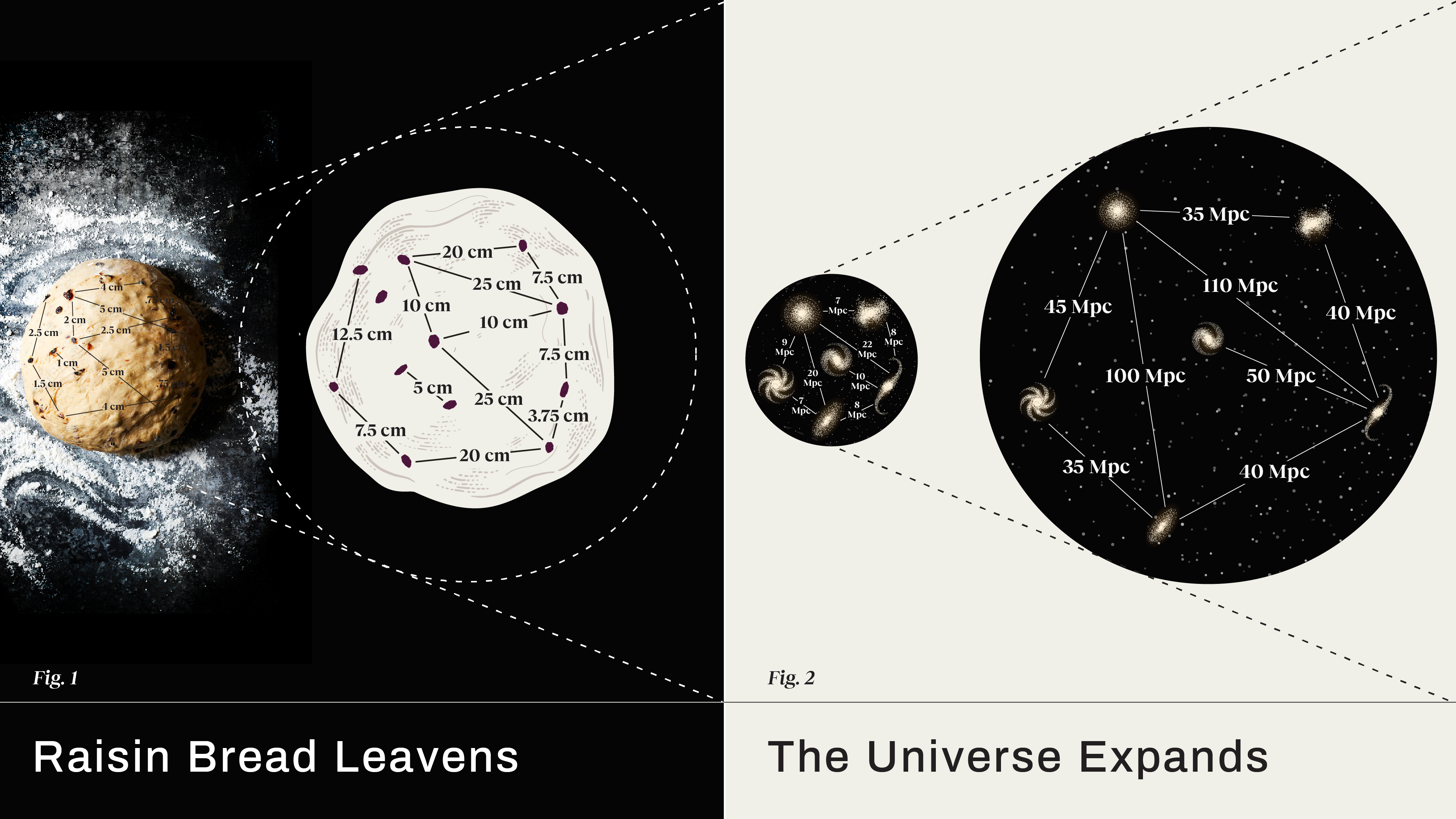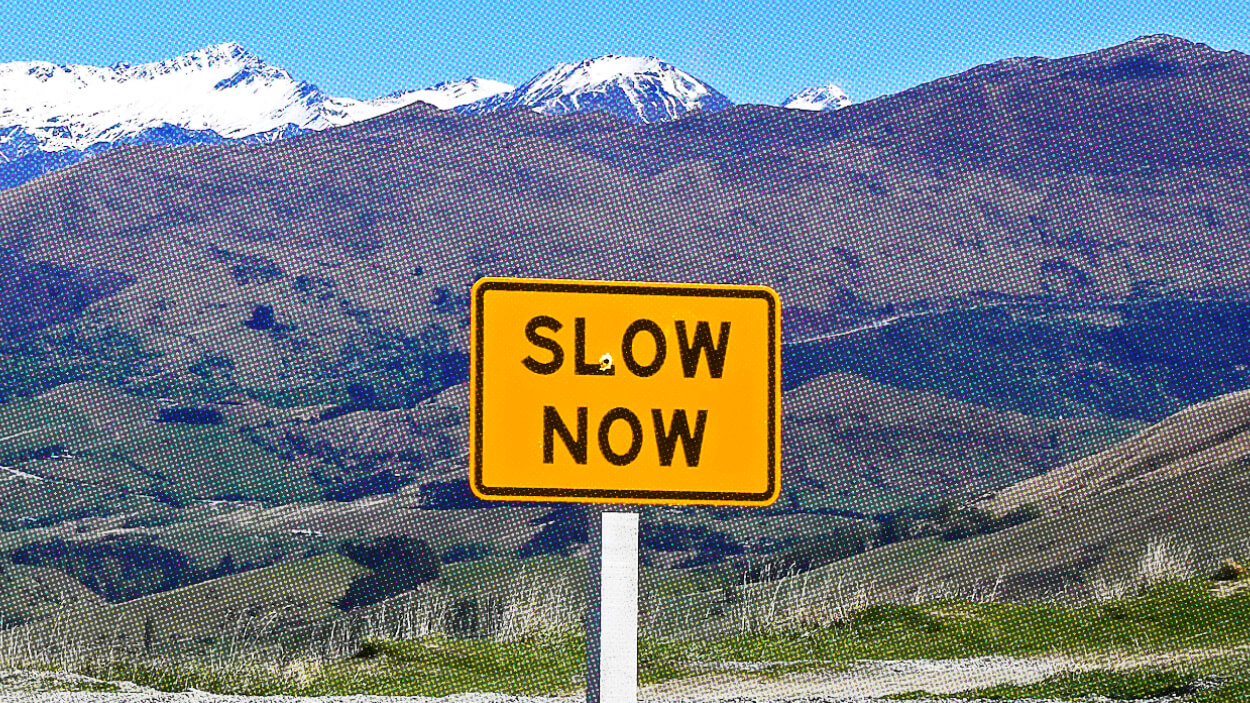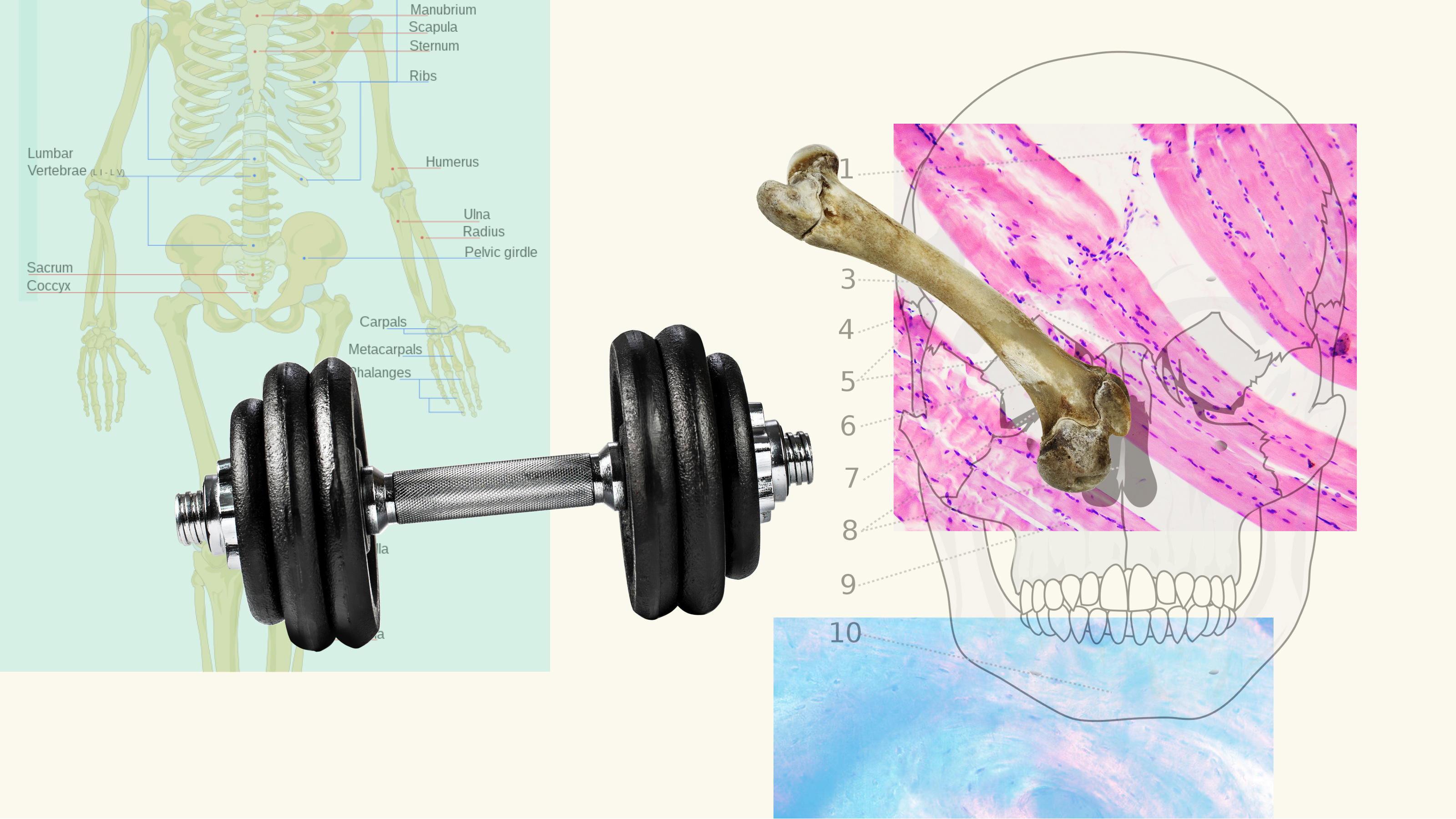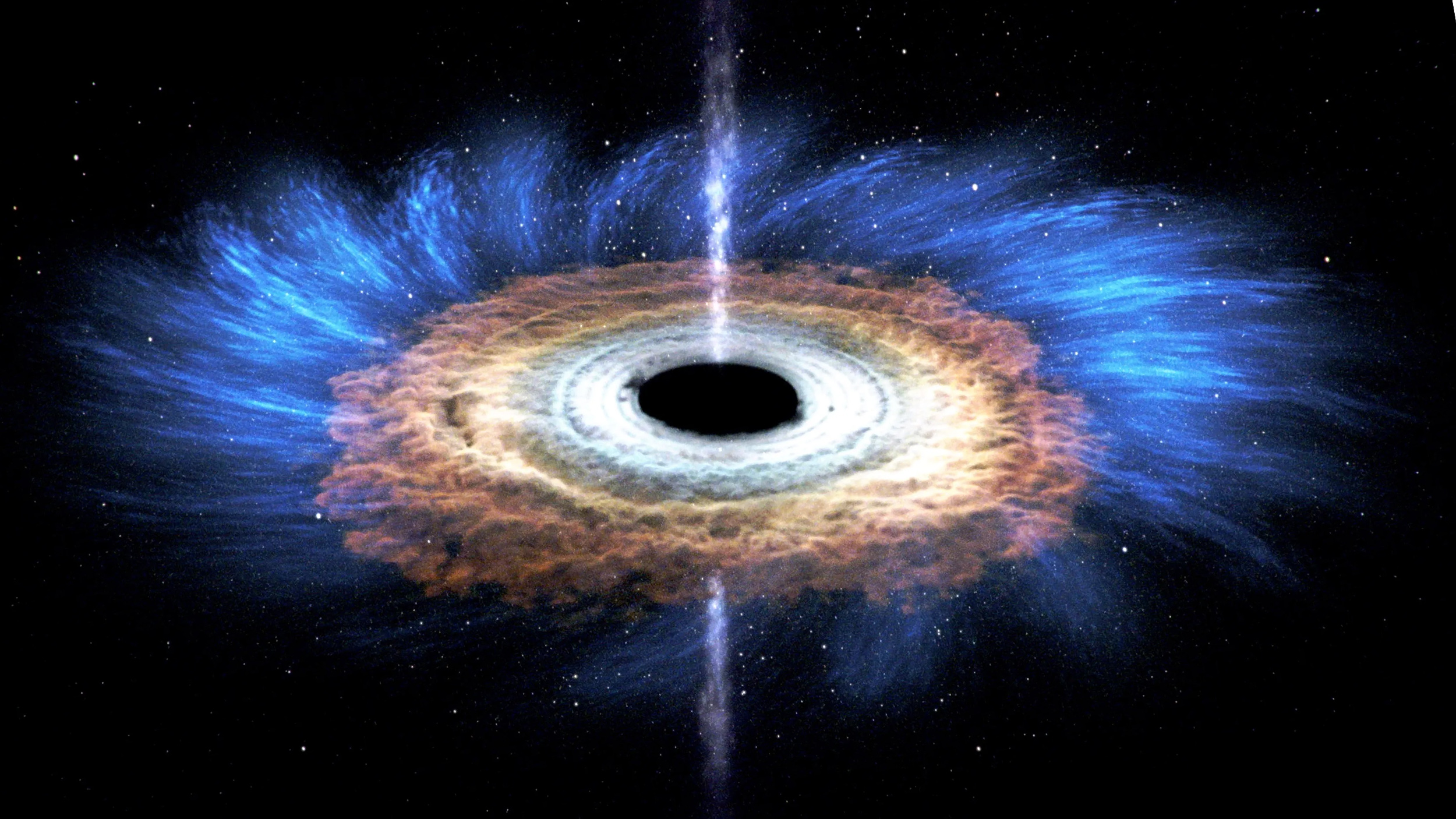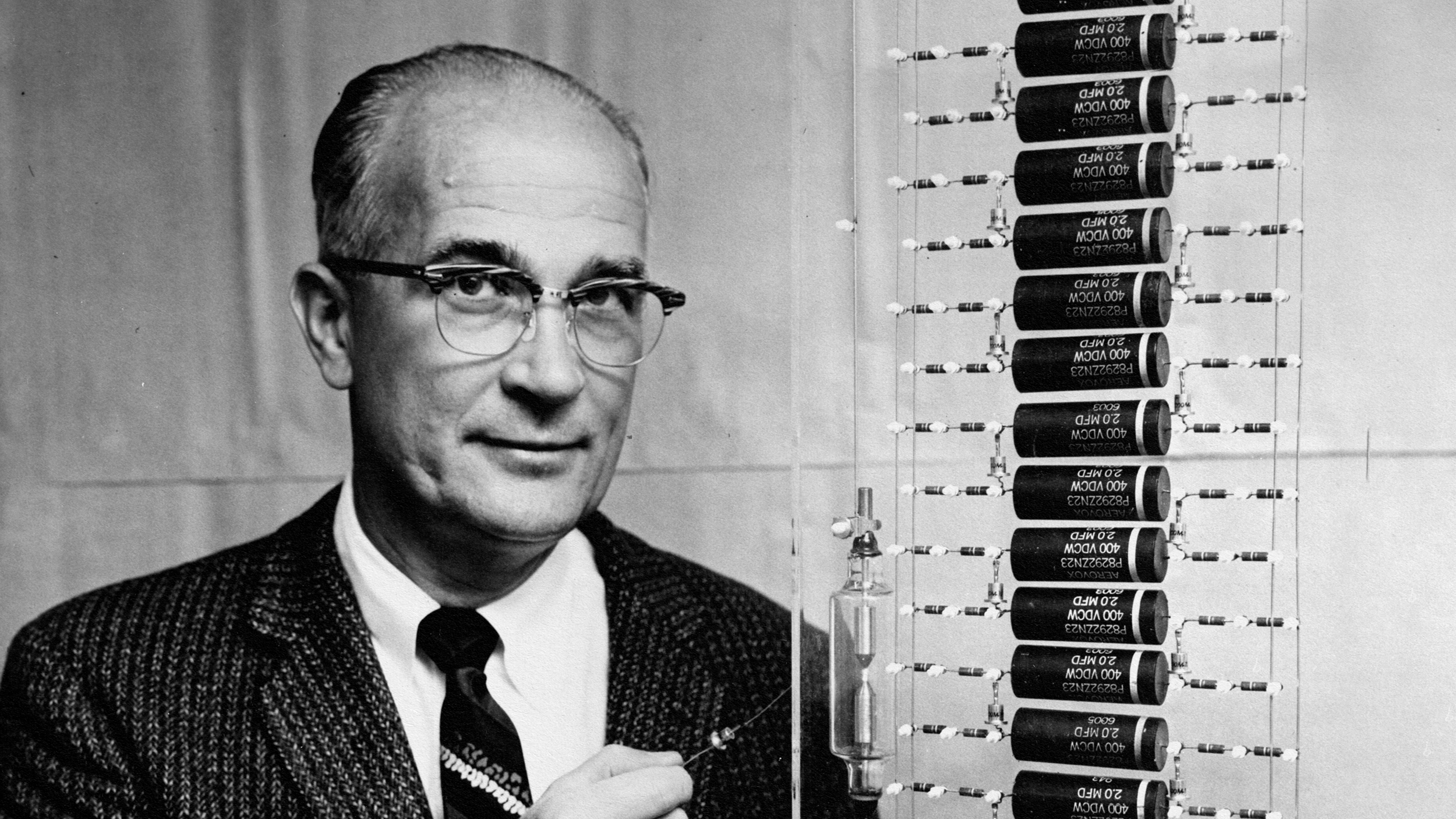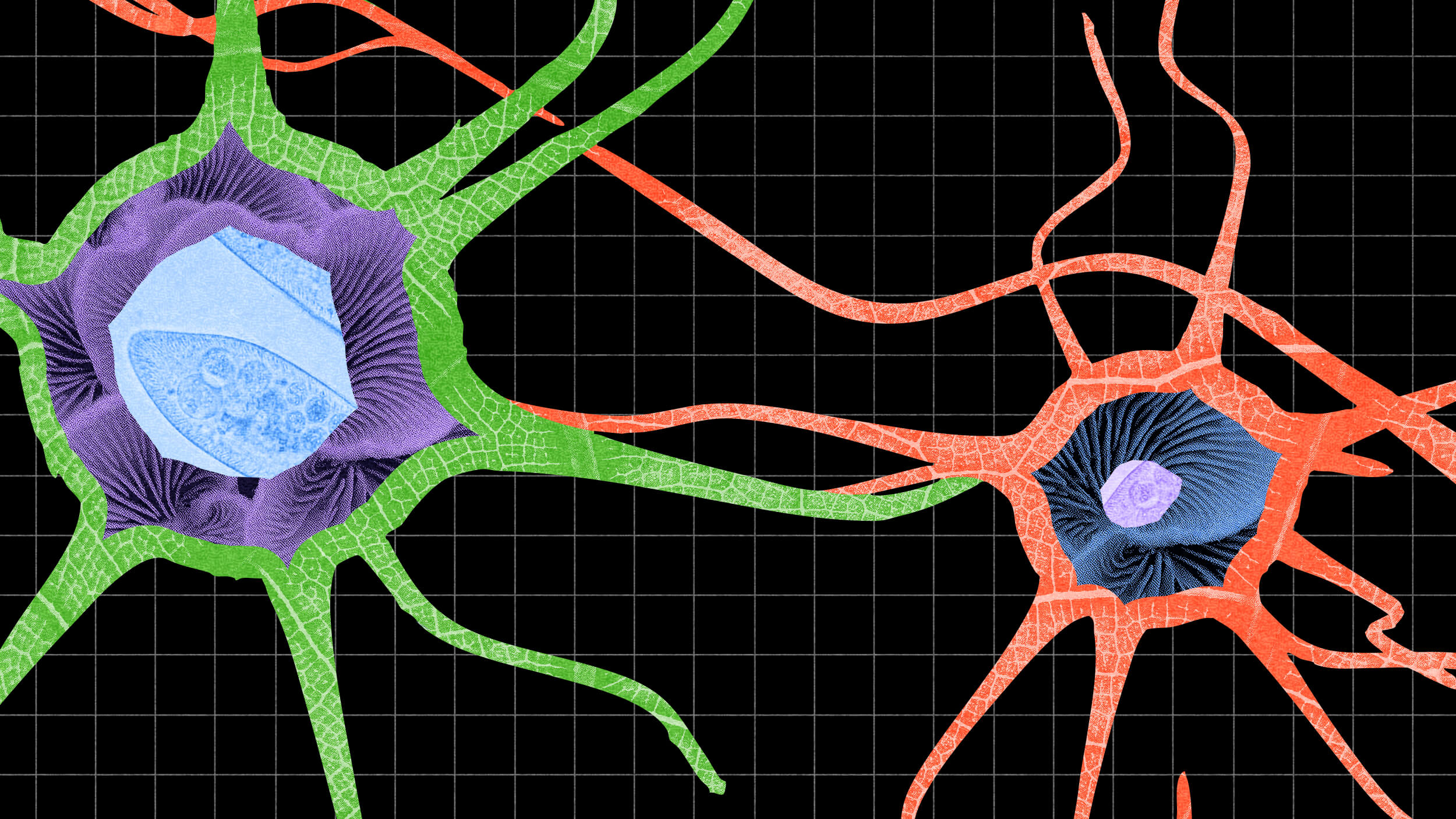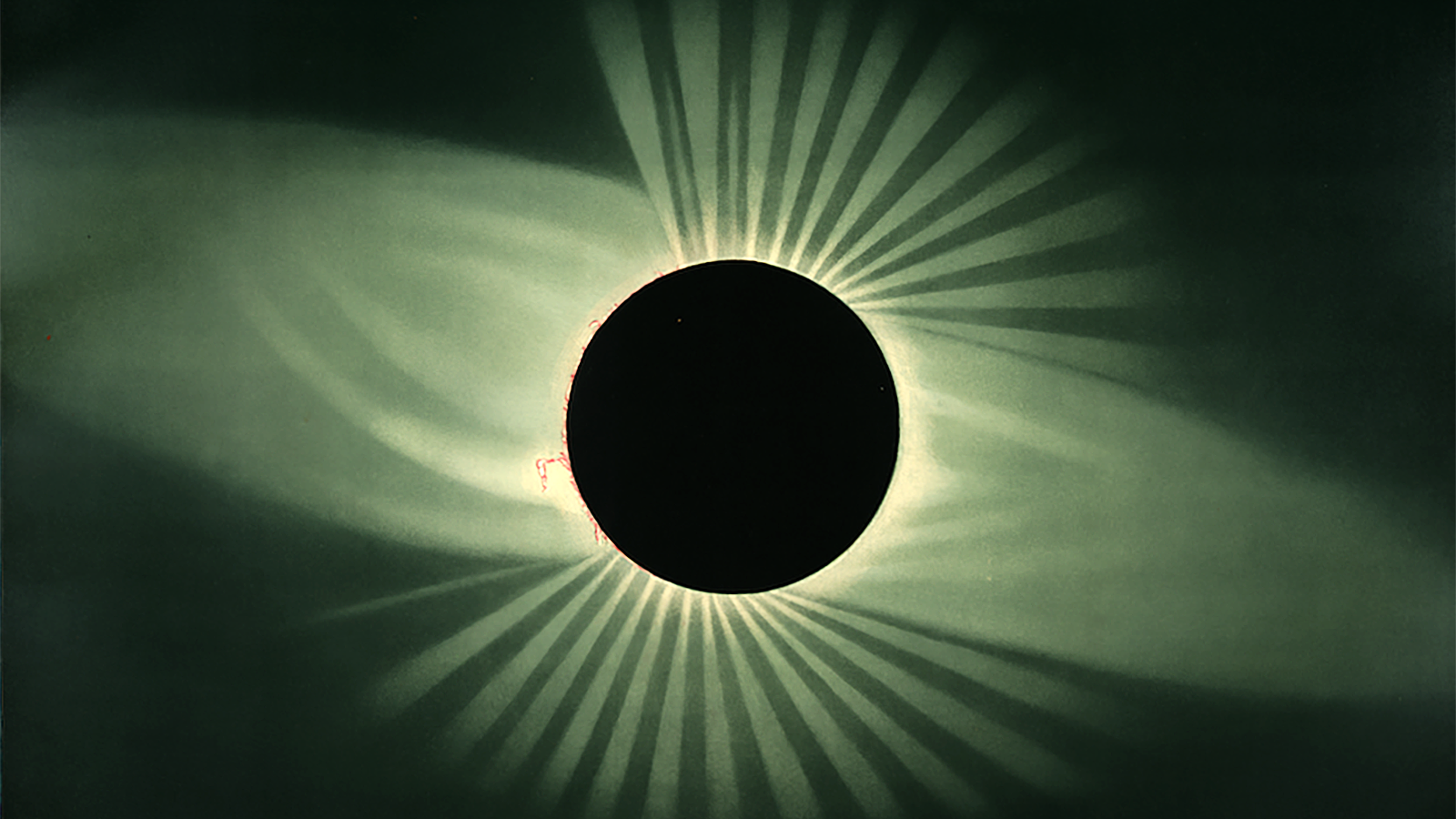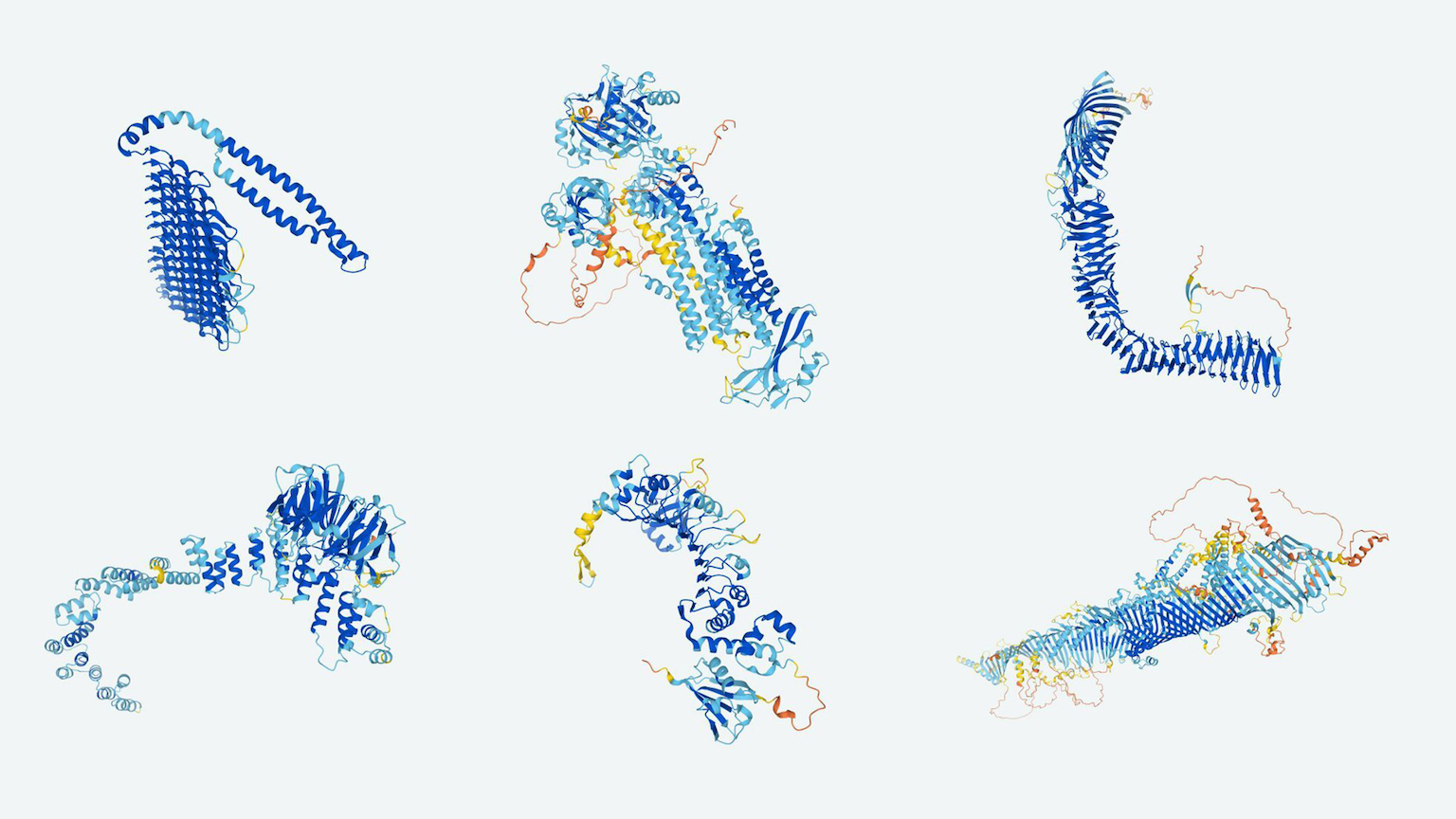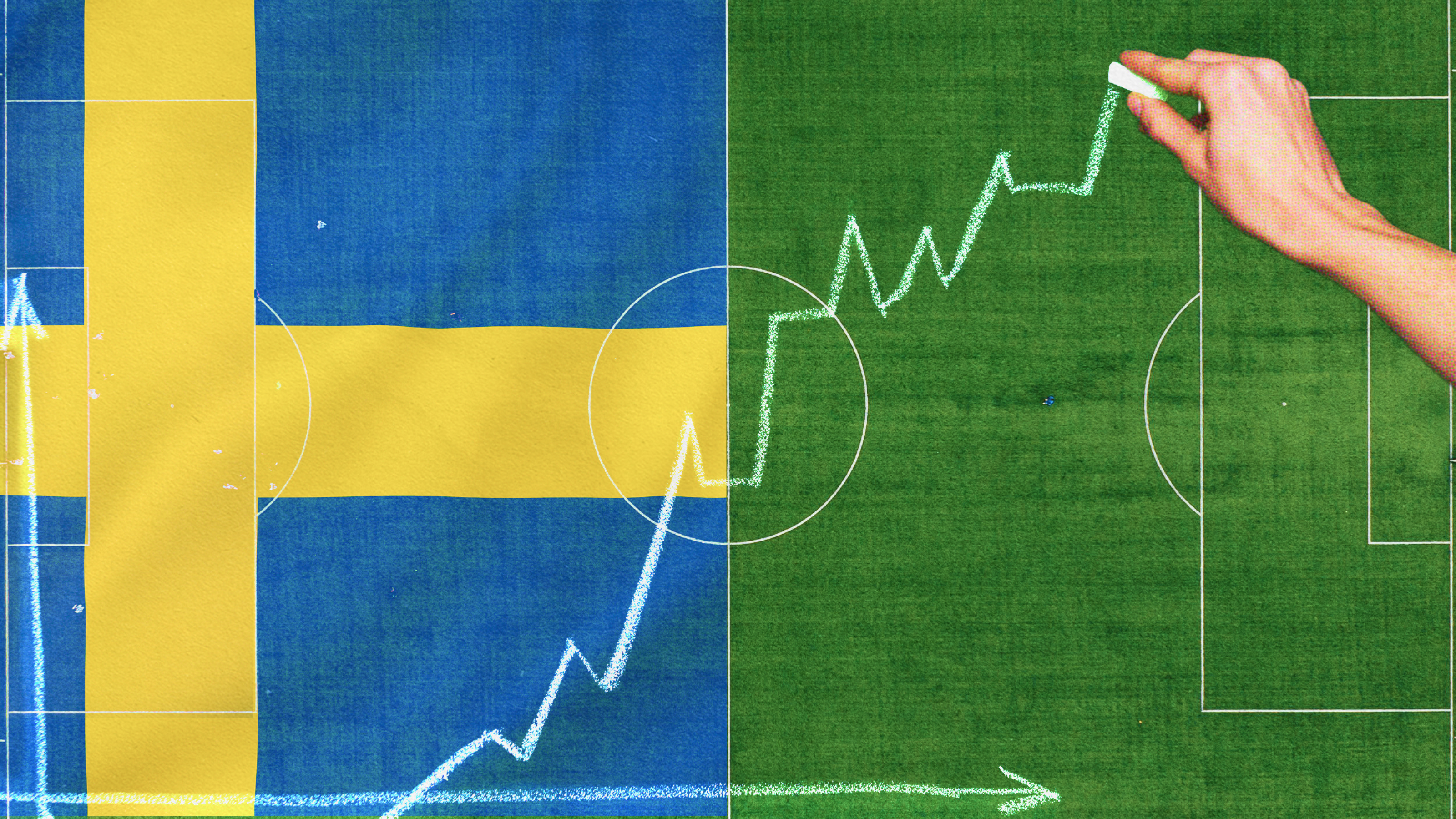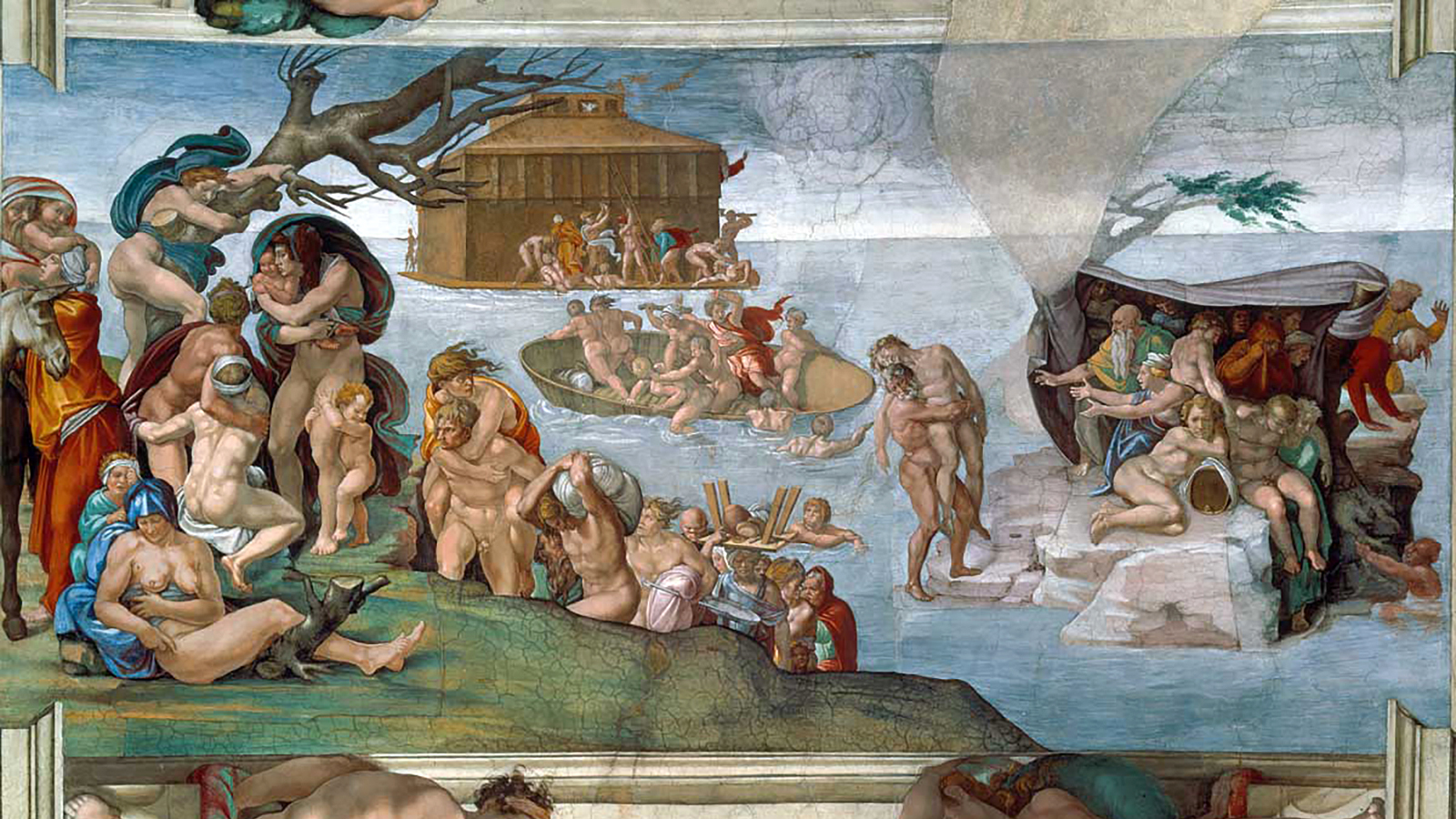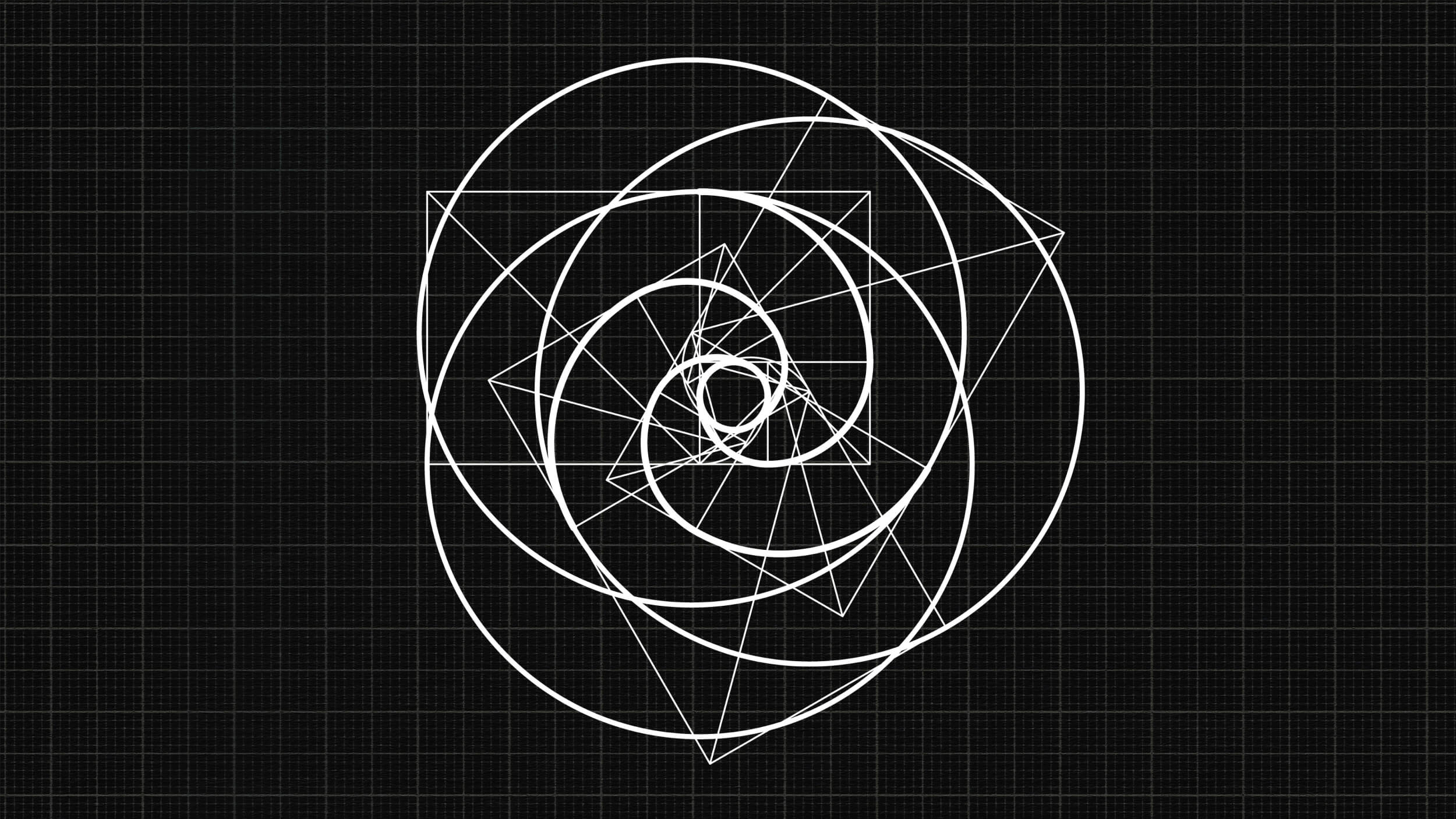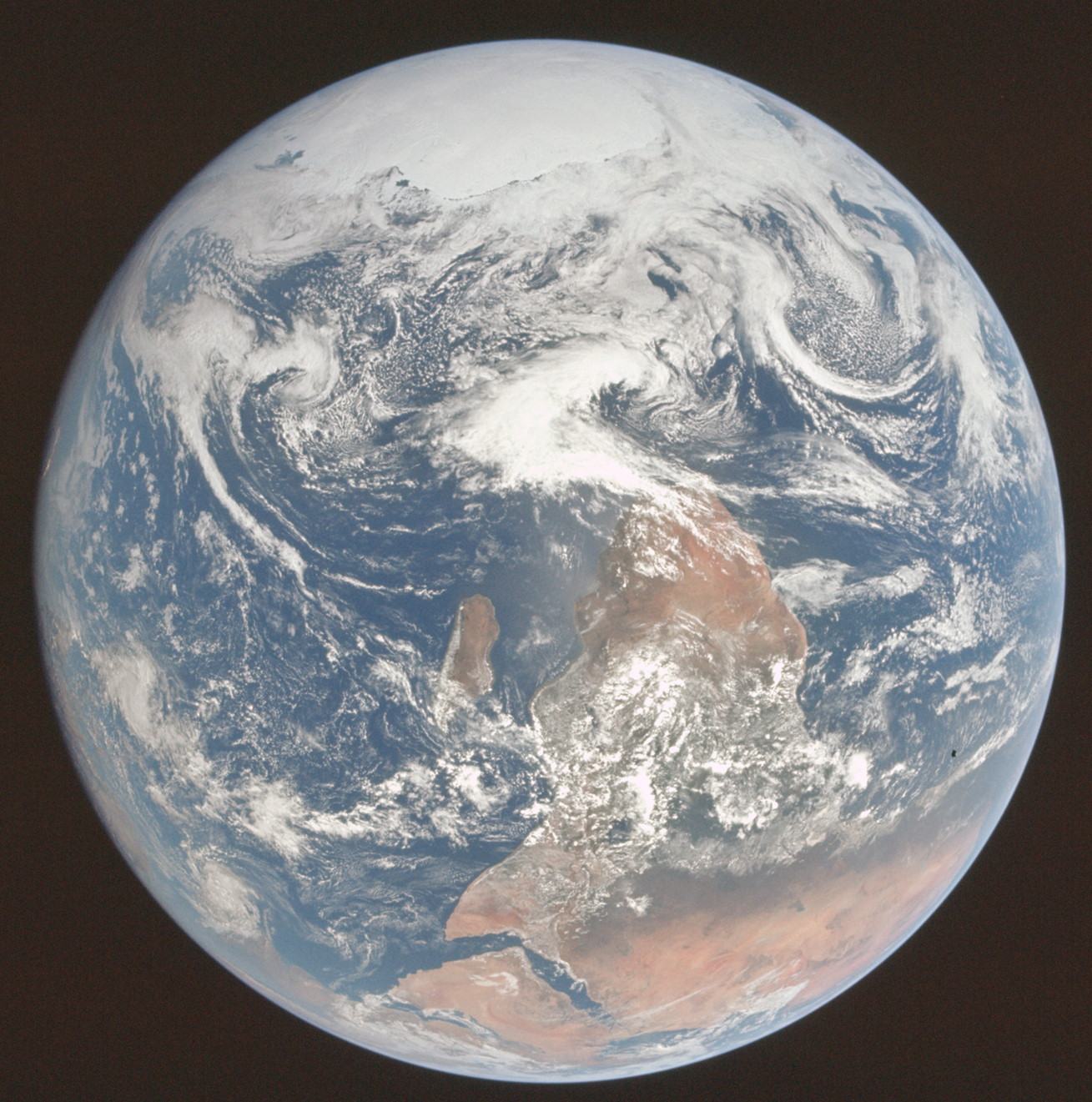Denmark’s 10 Jante Laws are grim, and yet they bring so much happiness.
Search Results
You searched for: Structure
Crystallization is an entirely random process, so scientists have developed clever ways to investigate it at a molecular level.
With no reliable way to discern the author of an artwork, we may eventually abandon the question of whether something was made by humans or not.
In polarized times, our shared cellular origin can unite us in solidarity and awe — from the embryonic scale to the grandest cosmic perspective.
Freethink asks three different kinds of experts to answer this question.
Because of dark energy, distant objects speed away from us faster and faster as time goes on. How long before every galaxy is out of reach?
Prolonged and repetitive tasks rewire us in profound ways – which can be a force for good at work.
A small Ohio town tried to escape America’s addiction to rectangular grids. It didn’t last long.
Despite the claims of speed reading apps, it turns out that you actually have to read the book if you want to learn from it.
The evidence that the Universe is expanding is overwhelming. But how? By stretching the existing space, or by creating new space itself?
Cal Newport explains how you and your teams can accomplish more while improving quality and supercharging workplace morale.
Having a “buff” skeleton prevents infirmity in old age.
The comedian and musician behind the viral hit “BBL Drizzy” shares the books that shaped his thinking and approach to art.
Does it have a deeper significance — or is it just a number?
As early as we’ve been able to identify them, the youngest galaxies seem to have large supermassive black holes. Here’s how they were made.
There are four money personality types. Which are you?
“Groupthink” gets a bad rap. In reality, we need groups to focus our thinking and to build on the ideas of others.
It is easy to mock Nobel Laureates who go astray, but eccentricity often accompanies brilliance. We should have some sympathy.
A fresh view of intelligence — spanning living systems from bacteria to human civilization — challenges the idea that it’s merely problem-solving.
Investor Guy Spier joins Big Think for a chat about the “Oracle of Omaha,” generative AI, what confuses him, and more.
Science will lead us to a universal morality and a cosmic religion.
Practically all of the matter we see and interact with is made of atoms, which are mostly empty space. Then why is reality so… solid?
From “job crafting” to questioning our preconceived ideas about work, there are many ways to fight burnout and disengagement.
“This will be one of the most important datasets since the mapping of the Human Genome.”
Stockholm has been called a “unicorn factory” for its success with new businesses. A unique connection with sports philosophy helps explain why.
Could the prevalence of flood myths around the world tell us something about early human migration or even the way our brains work?
Physicist Don Lincoln explains why mathematics is a powerful tool for scientific modeling, but is not a science itself.
George Orwell got it right: “Never use a long word where a short one will do.”
Although human beings arrived on Earth just ~300,000 years ago, we’ve transformed the entire planet completely. Here’s how we did it.



